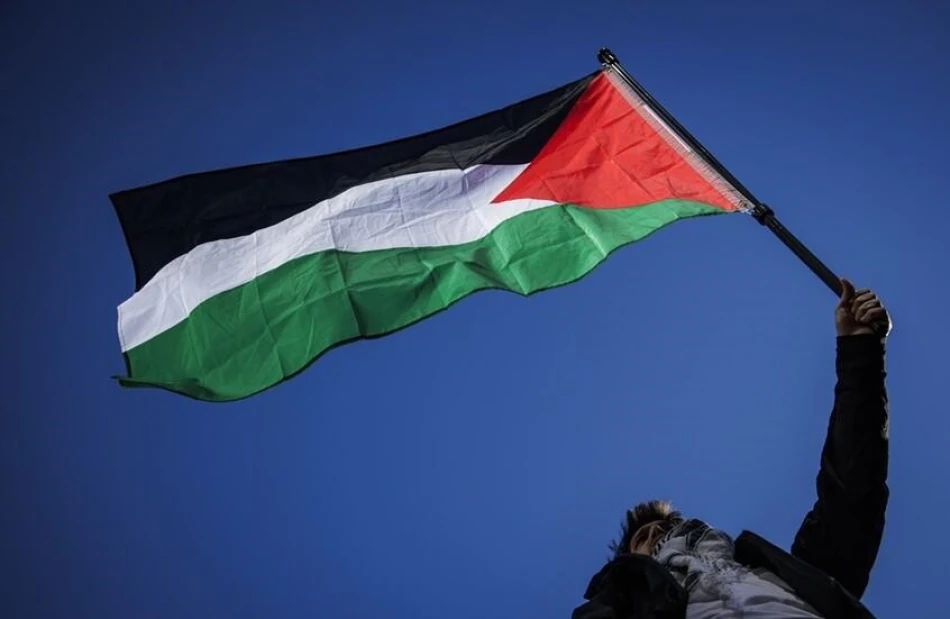
Canada, UK, and Australia Officially Recognize the State of Palestine
Major Western Powers Simultaneously Recognize Palestinian State in Coordinated Diplomatic Move
Canada, Britain, and Australia announced their formal recognition of a Palestinian state on Sunday in what appears to be a coordinated diplomatic initiative. The simultaneous announcements mark a significant shift in Western policy toward the Israeli-Palestinian conflict, potentially reshaping international relations in the Middle East.
The Announcements
Canadian Prime Minister Mark Carney led the declarations, stating that "Canada recognizes the State of Palestine and offers our partnership in building a peaceful and promising future for both the State of Palestine and the State of Israel."
British Prime Minister Keir Starmer followed with the UK's recognition, while Australia issued a government statement confirming its decision was part of international efforts to achieve a two-state solution. Australia's statement notably specified that Hamas should have no role in Palestine's future governance.
Breaking From Traditional Western Policy
This coordinated recognition represents a major departure from decades of Western diplomatic strategy. Traditionally, these nations maintained that Palestinian statehood should emerge through direct negotiations with Israel rather than unilateral recognition.
The timing suggests these governments concluded that the conventional approach has reached a dead end. After years of stalled peace processes and escalating tensions, they're betting that recognition might create new diplomatic momentum.
Strategic Implications
Pressure on Israel
The move puts significant diplomatic pressure on Israel, which has long opposed unilateral recognition of Palestinian statehood. With three major allies taking this step simultaneously, Israel faces growing international isolation on this issue.
But here's the thing - Israel's response will be crucial. The country could either view this as betrayal by close allies or as an opportunity to engage with a more defined Palestinian entity.
Impact on US Position
The announcements also create complications for the United States, which has been more cautious about Palestinian recognition. America now finds itself potentially isolated among its closest allies on this issue, which could affect its role as a Middle East mediator.
The Hamas Factor
Australia's explicit statement that Hamas should play no role in Palestinian governance reflects a key concern among Western nations. They're essentially trying to separate Palestinian statehood from the militant organization that currently controls Gaza.
This condition reveals the complexity of recognition - these countries are recognizing a Palestinian state while simultaneously rejecting its current leadership in Gaza. How this contradiction gets resolved remains unclear.
Market and Economic Considerations
The announcements could affect regional economic relationships and investment flows. International recognition typically opens doors for direct economic partnerships, potentially bypassing some Israeli-controlled economic channels.
Energy markets might also see shifts, as a recognized Palestinian state could pursue independent energy partnerships, particularly regarding offshore gas reserves in the Mediterranean.
What Comes Next
Recognition is just the first step. These countries now need to establish formal diplomatic relations, which means embassies, trade agreements, and direct government-to-government cooperation.
The bigger question is whether this triggers a broader wave of recognition from other Western nations. France and Germany's responses will be particularly telling - if they follow suit, it could represent a complete Western realignment on this issue.
And that's why this matters beyond symbolism. Coordinated recognition by major Western powers doesn't just change diplomatic protocol - it potentially changes the entire framework for Middle East peace negotiations.
Most Viewed News

 Sara Khaled
Sara Khaled






